Milk imports up 20% in 2024

The Philippines has boosted its inbound milk shipments by nearly 20 percent last year as traders turned to more countries to meet the country’s rising demand.
In its report, the National Dairy Authority (NDA) said volume stood at 3.5 billion liters in 2024, an increase of 19.9 percent from 2.9 billion liters a year ago.
The NDA said value reached P80.1 billion, an increase of almost 5 percent from P76.3 billion previously.
The report stated the 39.62-percent surge in skim milk powder imports and the 15.69-percent rise in other powdered milk imports, along with higher liquid ready-to-drink milk overseas purchases fueled last year’s numbers.
“The rise in demand may be linked to the increasing population. However, we have some reservations about this, as the imports from 2022 to 2023 actually decreased despite the population growth,” the NDA said in a statement.
Data from the NDA showed the volume that entered the archipelago totaled 3.4 billion liters in 2022. This was 14 percent lower than the 2023 volume.
The NDA added, “Regarding the import costs, we have reservations if we can attribute the increased import volume to lower import costs …”
It pointed out that tariffs on fresh milk remained unchanged at 3 percent. Import duties levied on skimmed milk and whole milk powders were still at 1 percent.
Additionally, the tariff rates on cheese and cheese products ranged between 3 percent and 7 percent.
“Meanwhile, we think we can safely state that there were more countries exporting to the Philippines in 2024,” the NDA said.
Per its report, 55 countries exported milk to the Philippines as opposed to 53 recorded a year prior.
The United States topped the list with a market share of 30 percent. New Zealand followed with 20.7 percent and Belgium with 4.8 percent.
“However, the sector continues to face challenges in reducing its dependence on imports, highlighting the need for further investment and policy support to enhance local dairy production,” the report added.
The Philippines is almost entirely dependent on importation as local production can only support around 1 percent of its dairy requirements.
The NDA is targeting to raise the country’s milk self-sufficiency level to 5 percent by 2028 from the current 1.66 percent.
To reach its goal, the NDA said it was spending P300 million on five stock farms, which were expected to be operational this year.








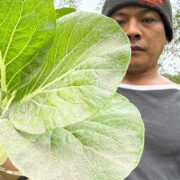






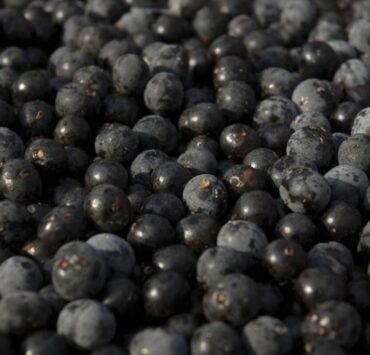
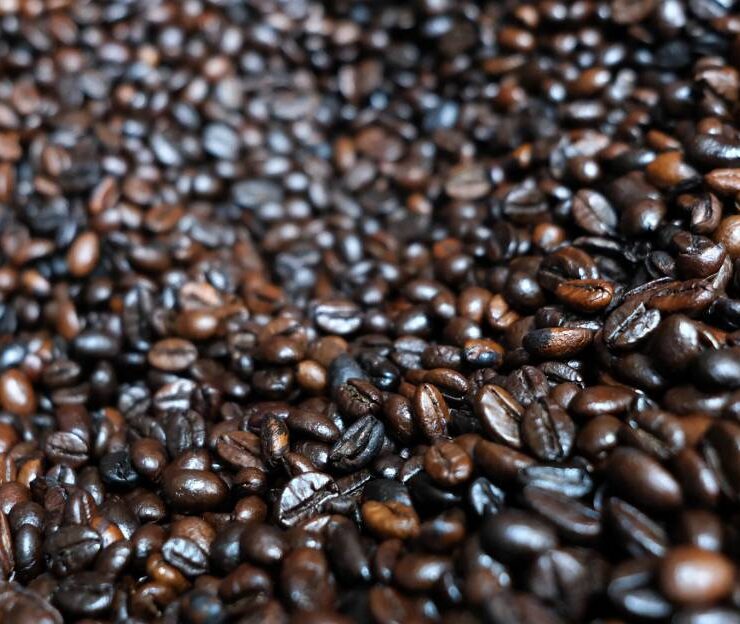
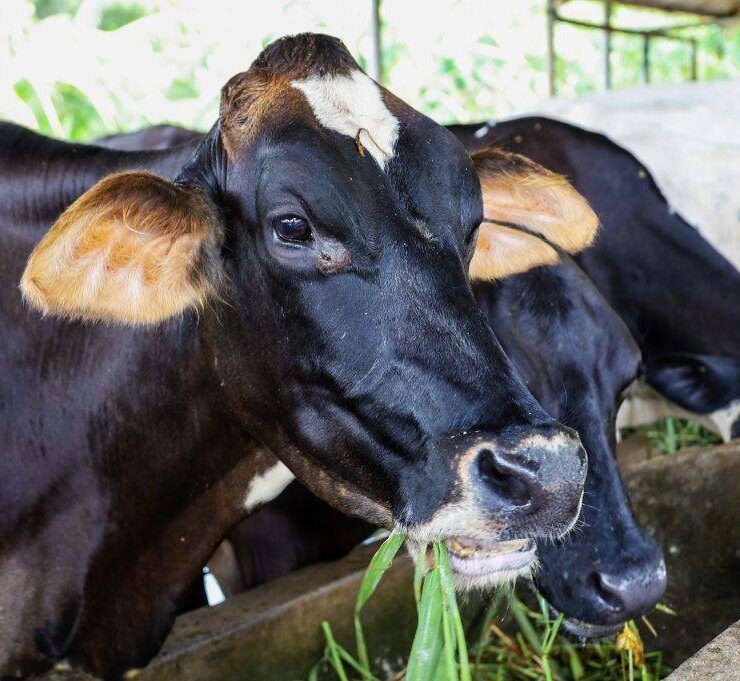
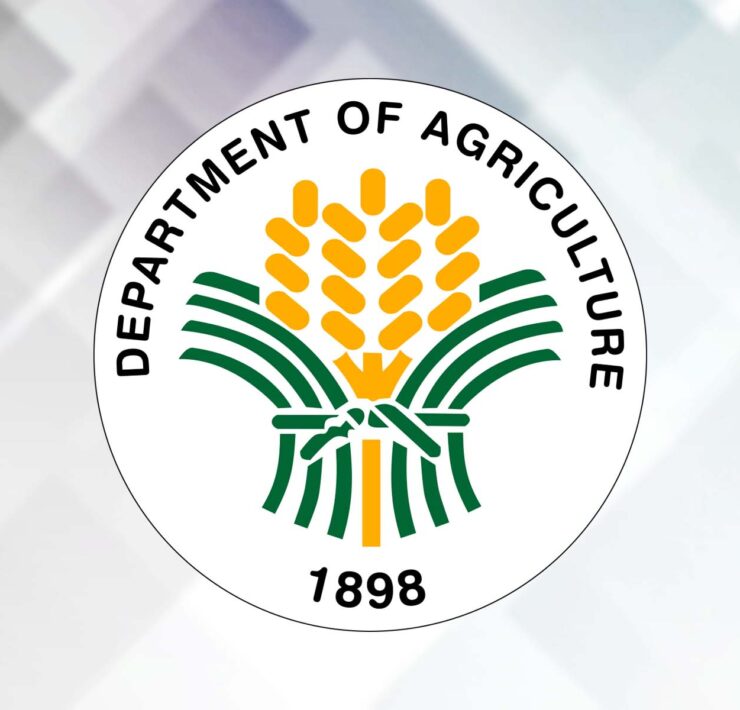


Leveraging the wonder of biochar for growing crops